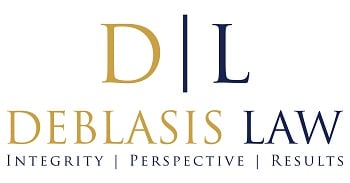When a person or business owes them money, some creditors would stop at nothing to get that money from them. That’s why federal law protects those who owe money from unfair and harassing collection tactics.
Specifically, the Fair Debt Collection Practices Act (FDCPA) outlines a number of things that creditors are prohibited from doing when attempting to collect on a debt. Let’s look at some of the areas covered by the FDCPA.
Harassment and threats
The FDCPA defines a number of collection tactics as harassment. This includes calling a debtor after they’ve sent a written request to stop, using obscene or abusive language, calling outside of specified hours and calling at times or on days the debtor asked you not to call. It’s also a violation to call someone at work if a debtor has told you their employer prohibits it.
It’s a violation of the FDCPA to threaten a lawsuit, criminal action, taking your wages or property or similar actions. Of course, it’s also illegal to threaten someone with violence.
Talking to third parties
Creditors are typically prohibited from informing anyone about someone’s debt without their permission. There are a few exceptions. You can inform their spouse or (if they’re a minor) their parent. You can also talk to the debtors and your own attorneys as well as credit reporting agencies.
A creditor can contact a third party if necessary to locate a debtor. However, you can’t make repeated calls to them unless you believe they lied to you.
Validating and verifying the debt
Creditors are required to send a written notice to a debtor within five days of their first contact with them. This debt validation notice must include:
- Amount owed
- Creditor’s name
- Notice of right to dispute
If a debtor puts a request in writing within 30 days of receiving that validation asking for the debt to be verified, you have to pause your collection efforts until the debtor has received your verification.
Collecting debts is probably the most dreaded part of any business owner’s job. You have every right to seek the money that’s owed you. However, it’s crucial to follow the law. If you don’t, you could make things a lot worse for yourself. It’s wise to seek experienced legal guidance.
